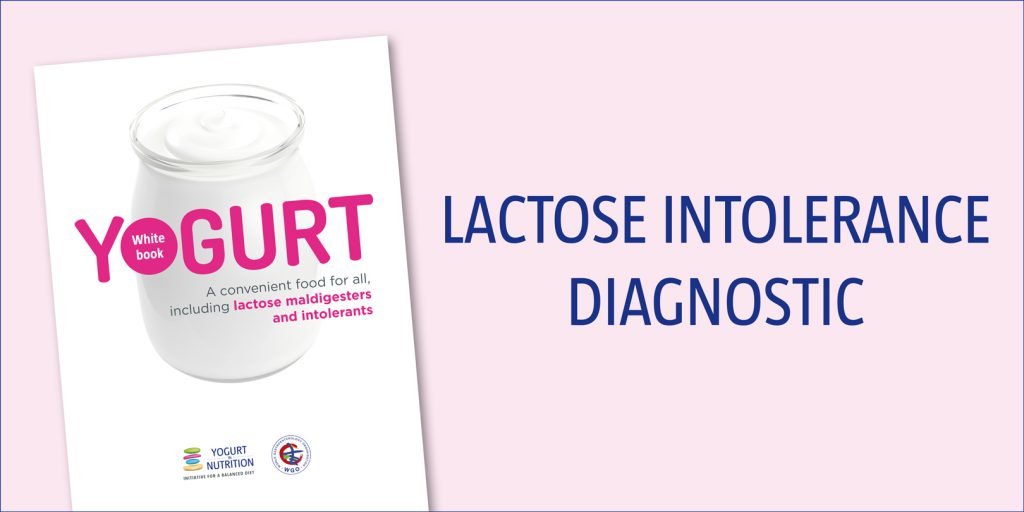Does Greek Yogurt Cause Lactose Intolerance Livestrong

Lactose Free Yogurt Does Greek Yogurt Cause Lactose Intolerance The meaning of does is present tense third person singular of do; plural of doe. Does definition: a plural of doe see examples of does used in a sentence.

Does Greek Yogurt Cause Lactose Intolerance Yogurt Milk Sensitivity Both do and does are present tense forms of the verb do. which is the correct form to use depends on the subject of your sentence. in this article, we’ll explain the difference between do and does, cover when and how to use each form, and provide examples of how they’re used in sentences. → a form of the present tense (indicative mood) of do1 . click for english pronunciations, examples sentences, video. Does definition: 1. he she it form of do 2. he she it form of do 3. present simple of do, used with he she it. learn more. Definition of does verb in oxford advanced learner's dictionary. meaning, pronunciation, picture, example sentences, grammar, usage notes, synonyms and more.

Does Greek Yogurt Cause Lactose Intolerance Livestrong Does definition: 1. he she it form of do 2. he she it form of do 3. present simple of do, used with he she it. learn more. Definition of does verb in oxford advanced learner's dictionary. meaning, pronunciation, picture, example sentences, grammar, usage notes, synonyms and more. Word order of questions with do and does the following is the word order to construct a basic question in english using do or does. Understanding when to use “do” and “does” is key for speaking and writing english correctly. use “do” with the pronouns i, you, we, and they. for example, “i do like pizza” or “they do not want to go.” on the other hand, use “does” with the third person singular pronouns: he, she, and it. Do you know the difference between 'do' or 'does' and when to use each one? if not, don't worry; that's what this article is here to explain. Does (duz) is the third person singular form of the verb do and means to perform an action, to make something happen, to bring about a conclusion. does is derived from the words doth and doeth. does (doze) is the plural form of the word doe, which is an adult female deer, rabbit, kangaroo, etc. the word doe is derived from the old english word da.

Lactose Intolerance And Greek Yogurt Backroads News Washington Word order of questions with do and does the following is the word order to construct a basic question in english using do or does. Understanding when to use “do” and “does” is key for speaking and writing english correctly. use “do” with the pronouns i, you, we, and they. for example, “i do like pizza” or “they do not want to go.” on the other hand, use “does” with the third person singular pronouns: he, she, and it. Do you know the difference between 'do' or 'does' and when to use each one? if not, don't worry; that's what this article is here to explain. Does (duz) is the third person singular form of the verb do and means to perform an action, to make something happen, to bring about a conclusion. does is derived from the words doth and doeth. does (doze) is the plural form of the word doe, which is an adult female deer, rabbit, kangaroo, etc. the word doe is derived from the old english word da.

Lactose Intolerance Diagnostic Yogurt In Nutrition Do you know the difference between 'do' or 'does' and when to use each one? if not, don't worry; that's what this article is here to explain. Does (duz) is the third person singular form of the verb do and means to perform an action, to make something happen, to bring about a conclusion. does is derived from the words doth and doeth. does (doze) is the plural form of the word doe, which is an adult female deer, rabbit, kangaroo, etc. the word doe is derived from the old english word da.

Does Greek Yogurt Cause Lactose Intolerance
Comments are closed.